Best Science Shows for Kids to Improve Their Knowledge
As young minds grow and question the world around them, finding the right spark to fuel their curiosity is crucial. Science shows specifically tailored for children can ignite a passion for learning and a deeper understanding of the natural and technological world. Engaging, fun, and packed with fascinating facts, these shows transform complex concepts into digestible episodes that kids love. Whether it’s exploring the wonders of outer space or understanding the intricacies of ecosystems, children’s science shows offer a wonderful blend of entertainment and education, ensuring that young viewers come away both informed and inspired.
What Makes a Good Science Show for Kids?
A compelling science show for children not only entertains but also educates, weaving together excitement and learning in a way that captivates young minds. The best science shows are those that challenge curiosity while providing clear, understandable explanations suitable for their age.
1. Engaging Content That Sparks Curiosity
The best science shows for kids are masterfully crafted to captivate the imagination. They introduce fascinating scientific mysteries and encourage children to think critically about the world. By presenting content in a fun and visually appealing manner, these programs maintain the attention of young viewers, making every moment of learning enjoyable.
2. Interactive and Hands-on Elements
Science TV shows for kids often include interactive segments where the audience can participate in experiments or activities from home. This hands-on approach helps solidify the concepts being taught, transforming passive viewing into an active learning experience. Shows that encourage viewer participation can enhance understanding and retention of scientific principles.
3. Educational Value Aligned With School Curriculum
The best science shows for kids align their content with the school curriculum, reinforcing what children learn in the classroom. By integrating key educational standards and presenting information through engaging narratives and experiments, these shows ensure that their young audiences are learning accurate, school-relevant science in a way that feels thrilling and relevant.
Must-Watch Science Shows for Kids
In a sea of entertainment options, selecting the right science shows for your child can make all the difference in their educational journey. The ideal kids’ science shows blend engaging storytelling with factual science in ways that both inform and inspire. Here’s a roundup of must-watch programs that promise to enhance your child’s knowledge and enthusiasm for science.
1. The Magic School Bus
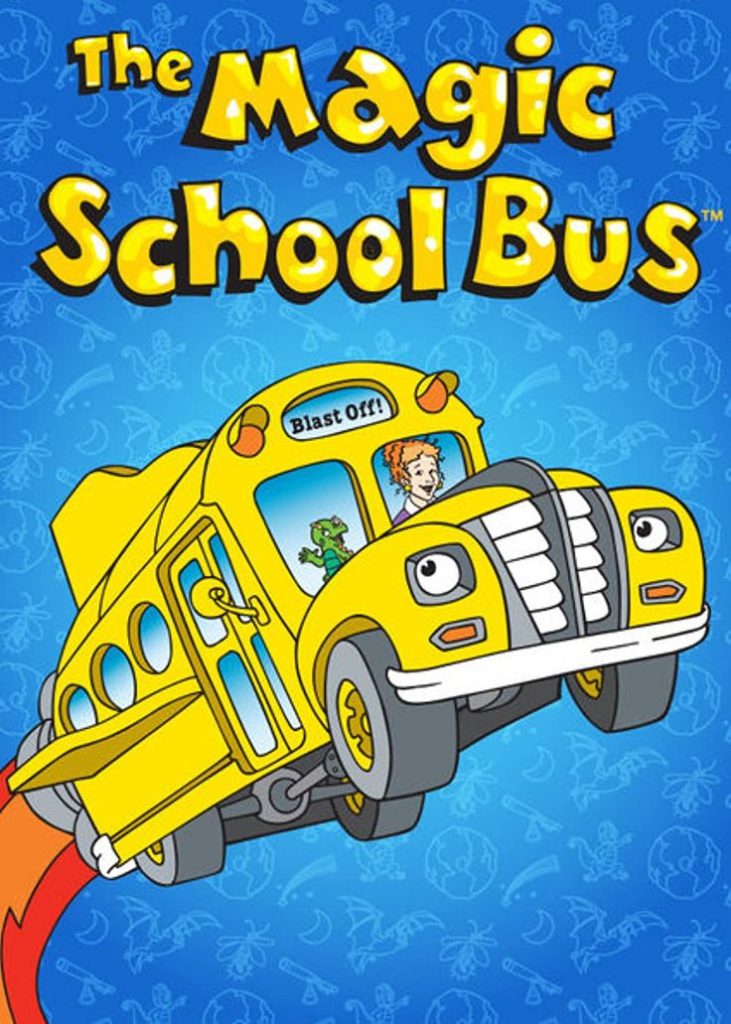
Source: Pinterest
Join Ms. Frizzle and her class as they embark on magical field trips that dive into scientific concepts using a magical school bus. From journeys inside the human body to trips through the solar system, each episode is packed with fun, adventure, and learning.
Recommended Age: 5-10 years
Where to Watch: Netflix, Amazon Prime
2. Bill Nye, The Science Guy
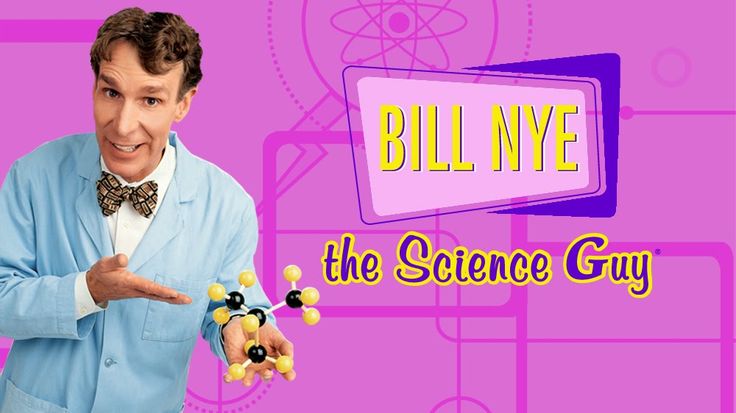
Source: Pinterest
Bill Nye makes science accessible and entertaining with his quirky humour and engaging experiments. Each episode tackles different scientific concepts, encouraging kids to ask questions and discover the answers.
Recommended Age: 7-12 years
Where to Watch: Disney+, Amazon Prime
3. Sid the Science Kid
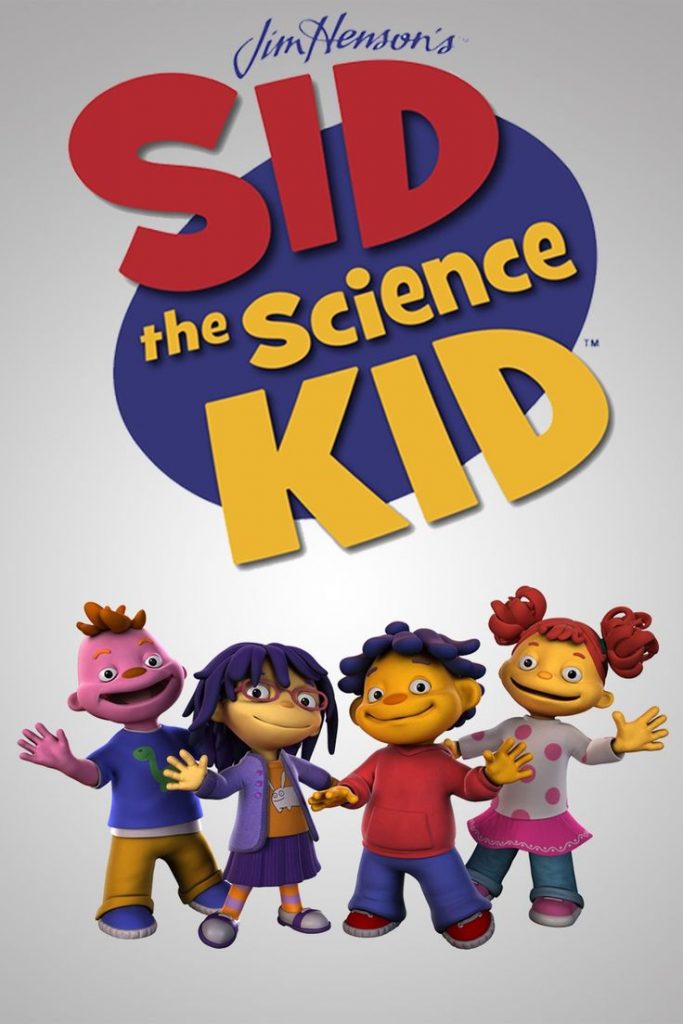
Source: Pinterest
Using animation and comedy, this series follows Sid as he explores basic scientific principles and why things work the way they do. It’s perfect for introducing young children to the concept of scientific inquiry.
Recommended Age: 3-6 years
Where to Watch: PBS Kids, Netflix
4. Blaze and the Monster Machines
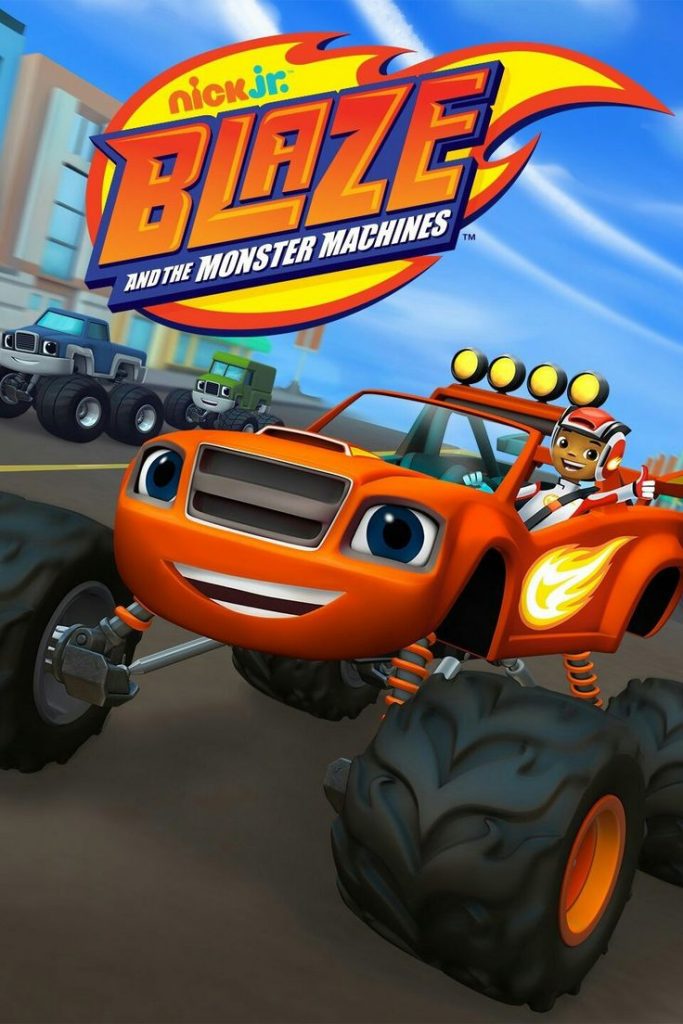
Source: Pinterest
This animated series introduces kids to Science, Technology, Engineering, and Math (STEM) concepts as Blaze and his driver, AJ, face adventures that require solving problems with scientific knowledge.
Recommended Age: 3-6 years
Where to Watch: Nickelodeon, Amazon Prime
5. Octonauts

Source: Pinterest
Set within an underwater base, the Octonauts explore the ocean, helping creatures and encountering exciting scenarios that teach children about marine biology and the importance of conservation.
Recommended Age: 4-8 years
Where to Watch: Netflix, Amazon Prime
6. Cosmic Quantum Ray
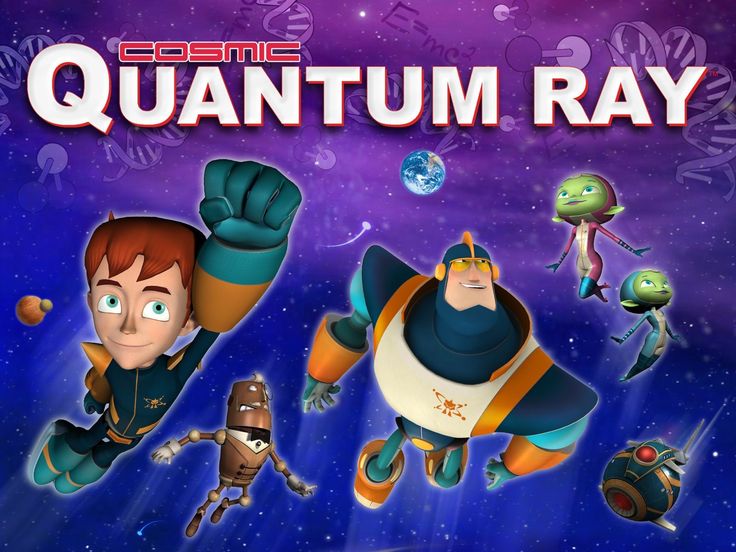
Source: Pinterest
This animated series makes complex quantum physics concepts accessible and fun for older children. Follow the adventures of Quantum Ray and his team as they fight intergalactic villains and solve mysteries of the universe.
Recommended Age: 8-12 years
Where to Watch: Amazon Prime
7. Wild Kratts
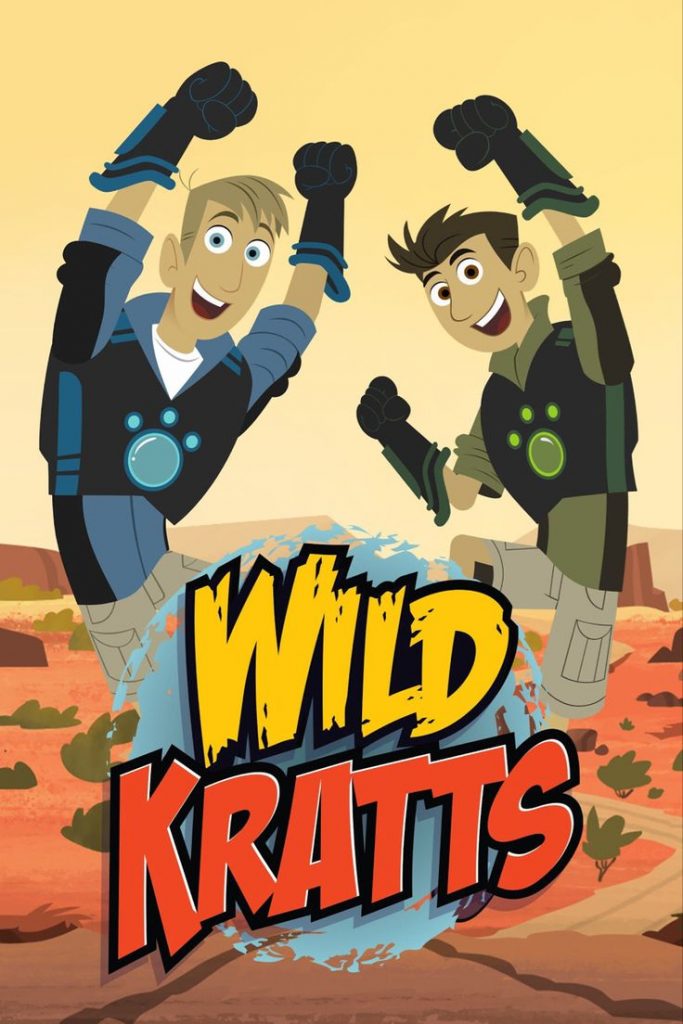
Source: Pinterest
Join the Kratt brothers, Martin and Chris, as they explore the animal kingdom in their animated world. The show combines real-life animal footage with animation, teaching children about biology and ecology through thrilling adventures.
Recommended Age: 6-8 years
Where to Watch: PBS Kids, Amazon Prime
8. Brainchild
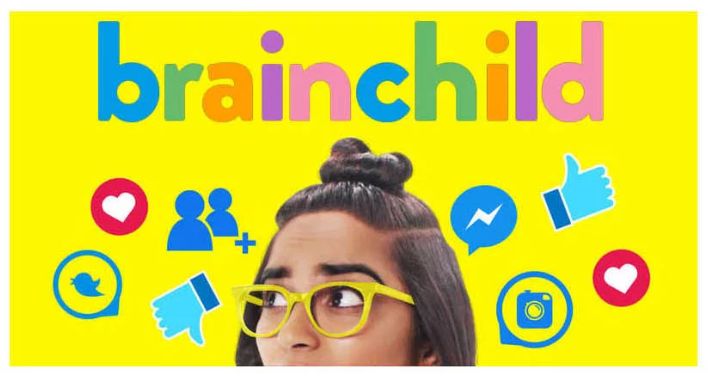
Source: Pinterest
This series takes a hands-on approach to exploring science in everyday life. Covering topics from social media to dreams, it engages kids with experiments, activities, and guest appearances.
Recommended Age: 7-14 years
Where to Watch: Netflix
9. Myth Busters Jr.
Adam Savage returns with a team of young scientists to tackle myths and experiments suitable for a younger audience, fostering a spirit of inquiry and experimentation.
Recommended Age: 9-14 years
Where to Watch: Discovery Channel, Amazon Prime
10. Peep and the Big Wide World

Source: Pinterest
Presenting science and math concepts through the adventures of Peep, Chirp, and Quack, this animated series encourages young kids to be curious about their surroundings.
Recommended Age: 3-5 years
Where to Watch: PBS Kids
11. Star Stuff: Carl Sagan and the Mysteries of the Cosmos
Inspired by the life of renowned astronomer Carl Sagan, this show introduces children to the wonders of the cosmos, encouraging them to dream big and explore the universe.
Recommended Age: 6-12 years
Where to Watch: Various educational channels
12. How It’s Made
Ideal for curious minds fascinated by how everyday objects are made, this show takes viewers behind the scenes to explore the creation processes of numerous items.
Recommended Age: 8+ years
Where to Watch: Science Channel, YouTube
13. Dino Dan
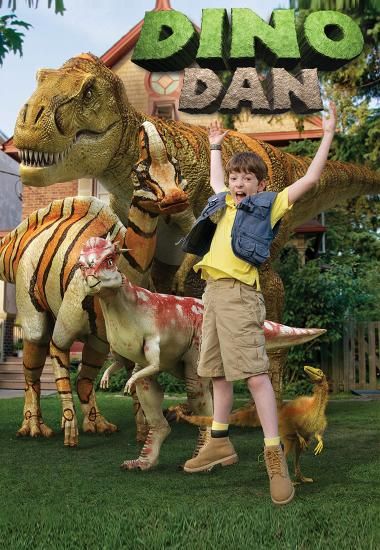
Source: Pinterest
Follow Dan Henderson as he imagines dinosaurs into the real world and learns about their behaviors, environment, and more through scientifically-accurate CGI.
Recommended Age: 4-7 years
Where to Watch: Nick Jr., Amazon Prime
14. Project Mc²
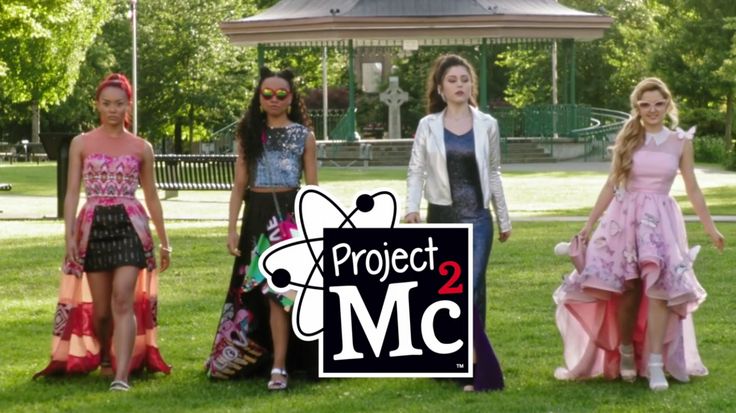
Source: Pinterest
This series promotes STEM for girls by following four super-smart teens who use their science skills to go on secret missions as spies. It’s a fun way to show the practical applications of their scientific knowledge.
Recommended Age: 6-13 years
Where to Watch: Netflix
15. The Cat in the Hat Knows a Lot About That!
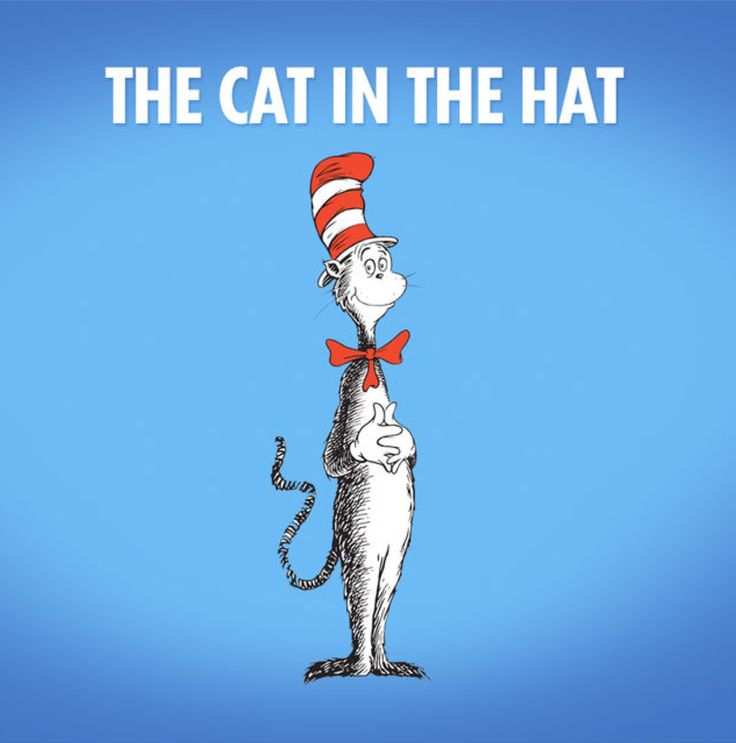
Source: Pinterest
Based on the beloved Dr. Seuss character, this educational series covers a wide range of scientific subjects as the Cat in the Hat leads his friends on whimsical adventures.
Recommended Age: 3-6 years
Where to Watch: PBS Kids, Amazon Prime
16. Ready Jet Go!
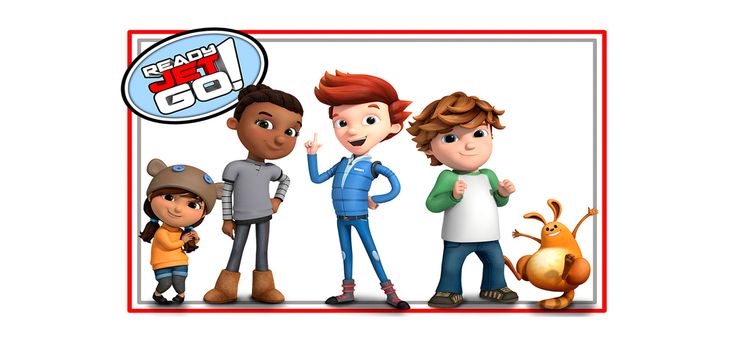
Source: Pinterest
Centered around Jet Propulsion, an alien living on Earth, and his friends, this show teaches children about Earth science, space, and technology through their community adventures.
Recommended Age: 3-8 years
Where to Watch: PBS Kids
17. SciGirls
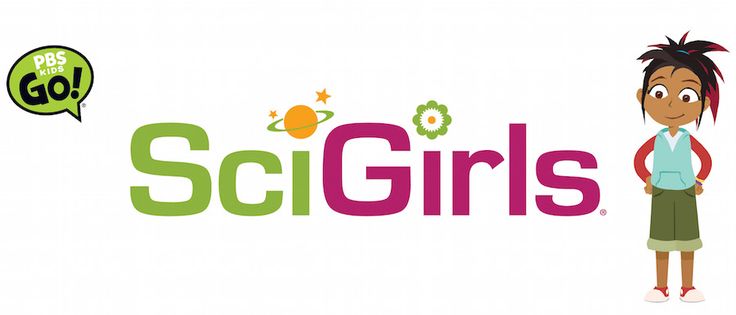
Source: Pinterest
This series focuses on real middle-school girls who embark on science adventures, promoting gender equality in STEM fields and encouraging young girls to take an active interest in science.
Recommended Age: 8-12 years
Where to Watch: PBS Kids, Amazon Prime
18. Animal Atlas
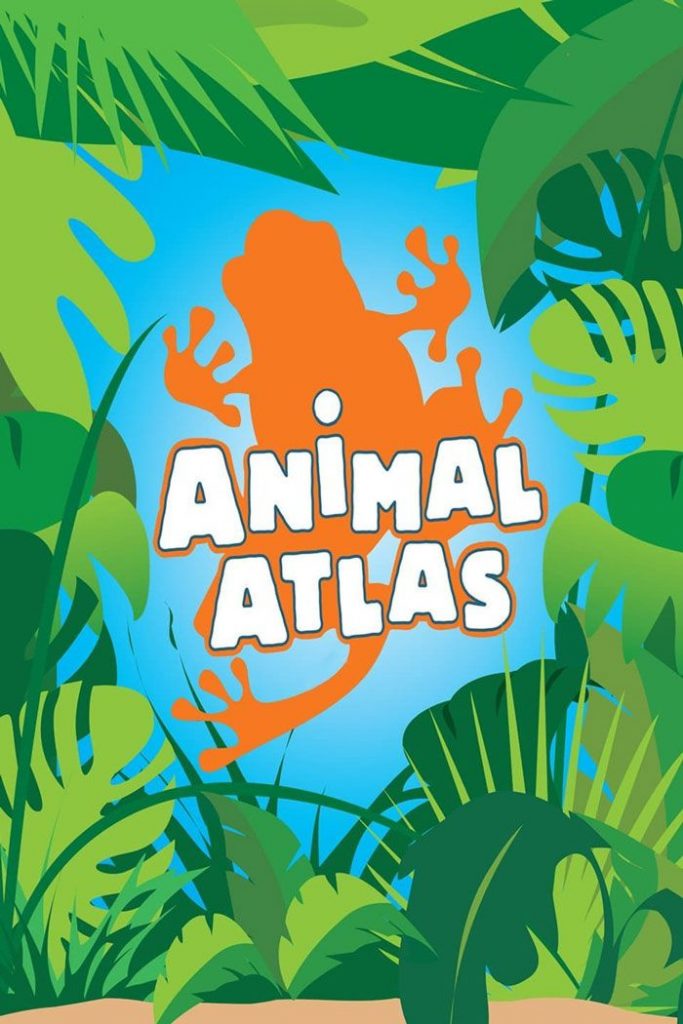
Source: Pinterest
Explore the animal kingdom in this educational series that travels the globe to show how animals live and adapt in their natural environments.
Recommended Age: 6-12 years
Where to Watch: Various educational platforms
19. Nina and the Neurons

Source: Pinterest
Nina uses experiments and explorations to explain how and why the world works, engaging young viewers and answering their pressing questions about science.
Recommended Age: 4-6 years
Where to Watch: CBeebies, YouTube
20. Earth to Luna!
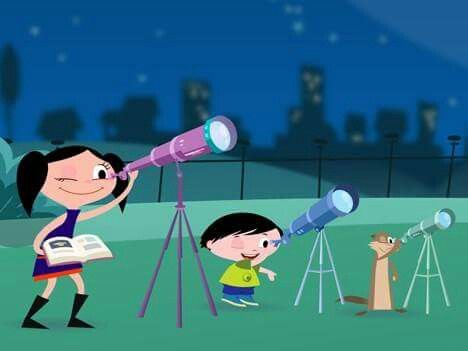
Source: Pinterest
This animated show follows Luna, a young girl who passionately loves science and is curious about how the world works. Every episode answers an intriguing science question she poses.
Recommended Age:3-6 years
Where to Watch: Universal Kids, Netflix
These science shows are designed to make learning accessible and enjoyable for children, offering a wide array of content that challenges their understanding and enhances their knowledge.
FAQs
1. Why are science shows important for children?
Science shows stimulate curiosity and improve problem-solving skills by presenting complex concepts in a relatable and enjoyable way, thus fostering a love for learning from an early age.
2. At what age should children start watching science shows?
Children can start watching age-appropriate science shows as early as three years old, which helps build foundational knowledge and encourages a questioning mindset.
3. How can parents ensure that science shows are educational and not just entertaining?
Parents should look for shows that are specifically designed with educational objectives, include factual content, and are often endorsed or produced in collaboration with educational experts or institutions.
4. Can these science shows help with school?
Absolutely, many science shows are aligned with educational curricula and can reinforce concepts taught in schools, making them a fun supplement to traditional learning.
In today’s digital age, the power of educational media, especially science shows for kids, cannot be underestimated. These shows are invaluable resources for nurturing young minds, blending fun with education, and sparking a lasting interest in science. By choosing the right programs, parents can significantly enhance their children’s understanding and appreciation of the world around them, laying a strong foundation for lifelong learning.
Also Read :
Best Entertaining Broadway Shows for Children
TV Shows for Your Kids
Educational Cartoons for Children
Was This Article Helpful?
Parenting is a huge responsibility, for you as a caregiver, but also for us as a parenting content platform. We understand that and take our responsibility of creating credible content seriously. FirstCry Parenting articles are written and published only after extensive research using factually sound references to deliver quality content that is accurate, validated by experts, and completely reliable. To understand how we go about creating content that is credible, read our editorial policy here.







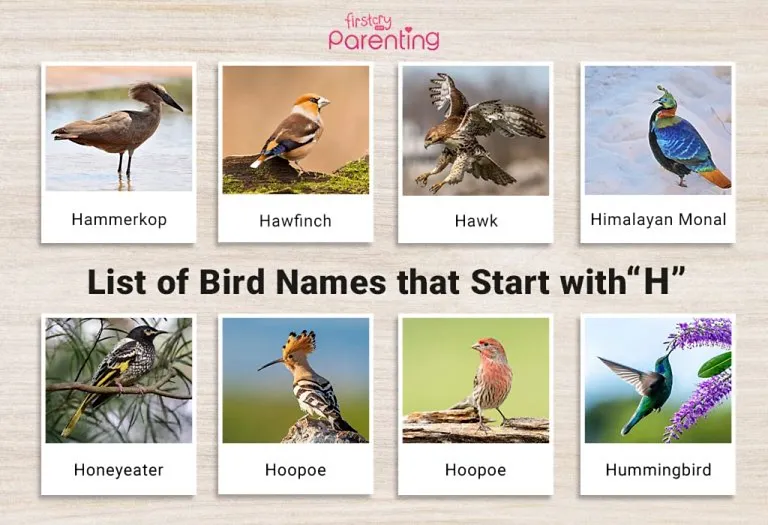

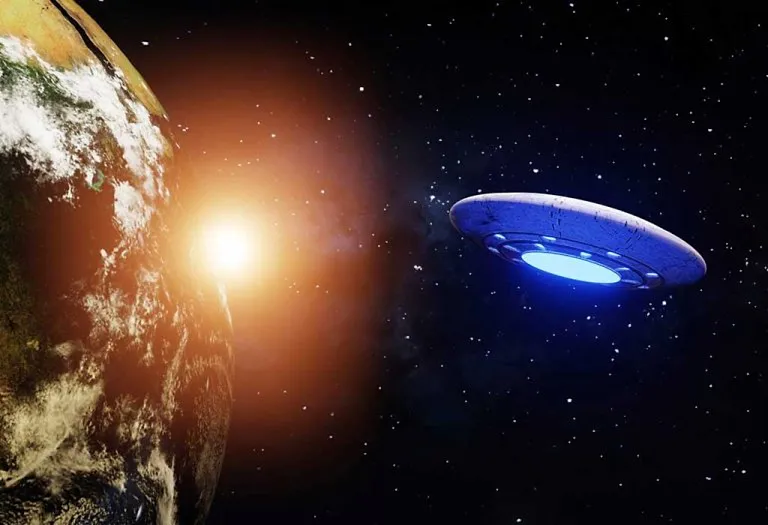
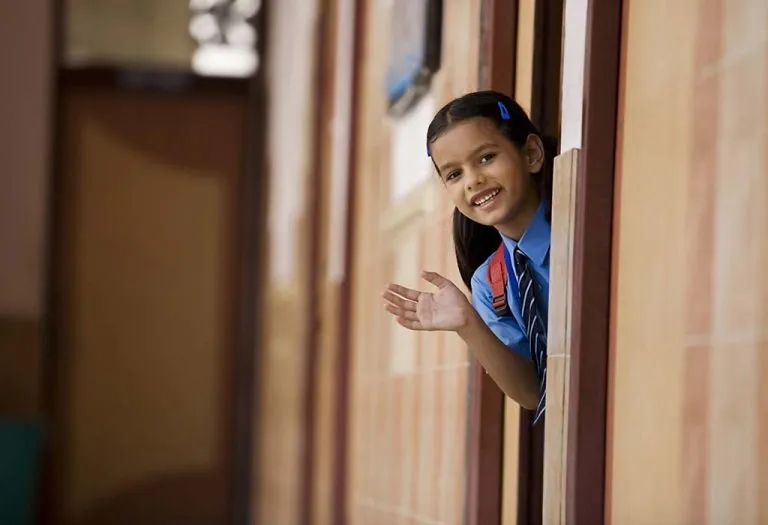
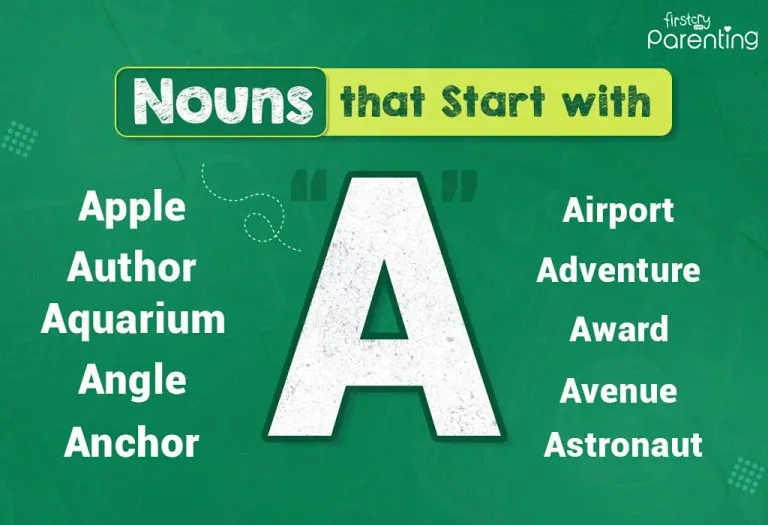
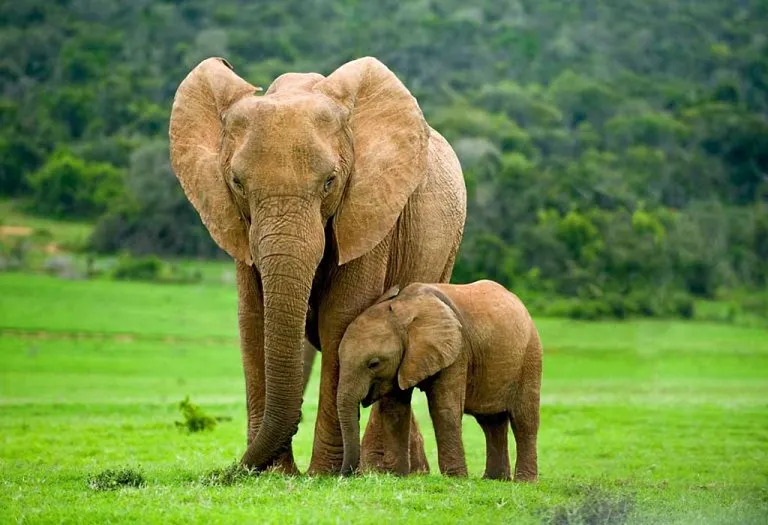

.svg)
















